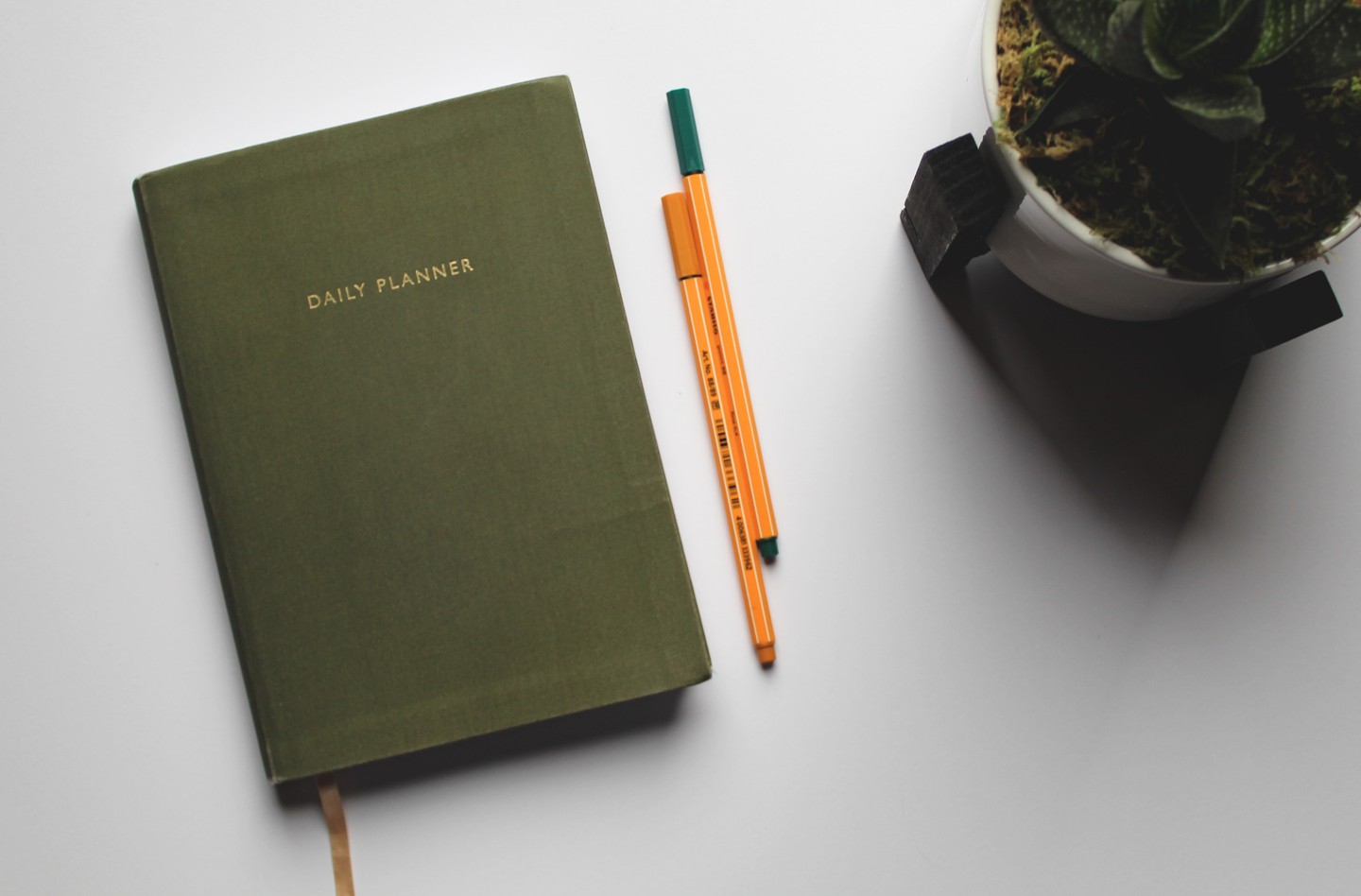Check your credit score today
Check your score and get tips to improve it. It’s free, forever.
How to Build Your Money Confidence
During financially challenging times, staying on top of your money can be tough. However, you can build your confidence with our practical tips on managing your finances.

Check your credit score today
Check your score and get tips to improve it. It’s free, forever.
If the events of 2020 have taught us anything, it’s to be prepared for anything. The speed at which things changed around the world touched us all in some way, and whether your finances were directly affected or not, it probably got you thinking about how you could be more prepared for future impacts.
Building up your money confidence comes in different forms. There’s the mindset component, and the strategic component. It’s a combination of taking actionable steps to put your finances in a better position to handle impact, while shifting your mindset to one that isn’t based on fear, but on a belief that you have the foundations to support yourself should something go wrong.
Here are our top six ways to build up your money confidence and hit both the mindset and strategy components on the head.
If you’re forever running into big expenses that pop up out of nowhere or feel like you’re never prepared for bills, standardising your expenses can help you shake that feeling. What this means is totaling up all your expenses for the year, and dividing that by the number of times you’re paid each year. Then, from each payday, allocating an equal amount to all of your expenses. Instead of getting to November and being faced with a $800 car registration renewal notice, you’ve already been allocating an equal amount from each pay to go towards the expense.
Another way of doing this is by using sinking funds. These are individual savings funds for bigger expenses – like that pesky car rego – and you actively stash cash each payday into those set accounts, working towards each different milestone as and when they’re scheduled.
The pandemic forced a lot of us to cut back to the bare essentials, which in our modern consumer-driven world isn’t something everyone’s used to. By sitting down and working out the absolute minimum you need to pay your bills and get by, you end up with somewhat of a blueprint for how to live should you run into financial difficulty.
This type of exercise also encourages you to delve deep into where your money is actually going. Take a look at your transactions over a period of a few weeks, and categorise your spending as you go. You might realise you’ve actually been leaking money in areas you didn’t even notice, which can free up a tidy wedge of cash to go towards savings or debt.
While we can never be certain of what’s coming our way, giving some thought to how you actually would act in a financial emergency can take some of the fear away and build up that confidence muscle. Utilising your rational brain now while you’re not in crisis mode can help you develop a clear plan for future impact.
Ask yourself: what would I do if I lost my income tomorrow? Could I drive Uber? Could I become a Deliveroo driver? Do I have a side hustle? What other income can I pull in?
Simply having some idea of how you’d handle financial difficulty can make you feel far more confident as we move through periods of uncertainty.
When it comes to savings, sometimes we find ourselves working towards arbitrary milestones, without ever really thinking about what we’re saving for. Contextualising your savings in terms of how many weeks, months or years worth of expenses you could cover can make you feel far more empowered to take on a financial impact, and contribute to your overall money confidence, too.
If you don’t yet have an emergency fund in place, 2021 is the year to get working on it. Having a pool of cash that you don’t touch, tucked away in a (ideally high interest) savings account can be the difference between fight or flight in a crisis.
Whether you have the capacity to allocate some of your salary to an emergency fund each week, or you decide to clear out the house and get listing your unwanted items on Facebook Marketplace for extra cash, prioritise that emergency fund for an extra boost to your money confidence.
One of the biggest barriers to money confidence is lingering debt. When it feels like a mountain to climb, finding the energy to tackle it can be tough, but know you’re not alone. Research from ING in 2020 identified that nearly two-thirds of working Aussies have non-mortgage debt. 25% of which they’re ignoring their debt because they don’t want to talk about it.
Tackling debt of any kind is all about getting started and setting a pay off plan. There are a couple of different ways you can do that.
Lloyd spreads the word about how awesome ClearScore is.
